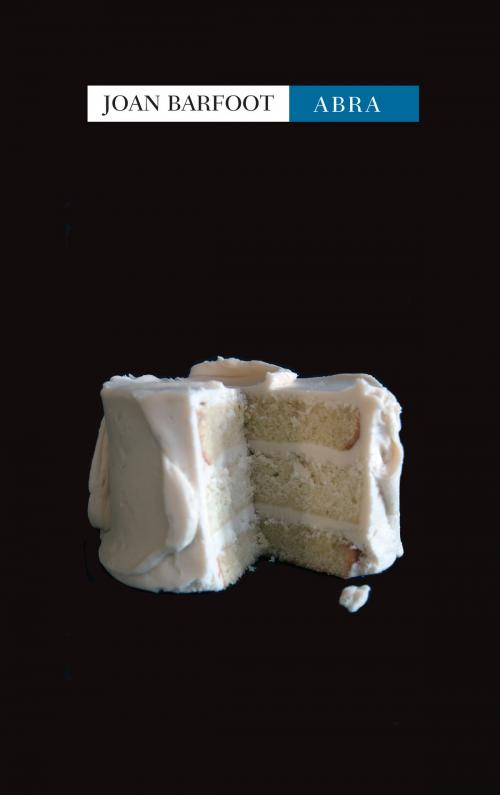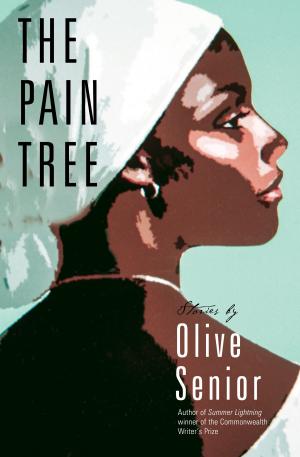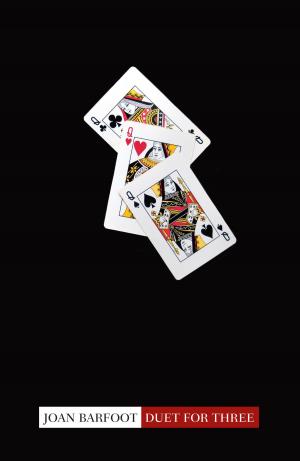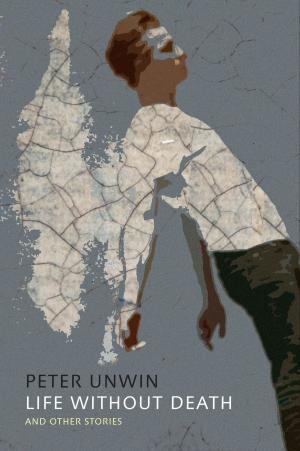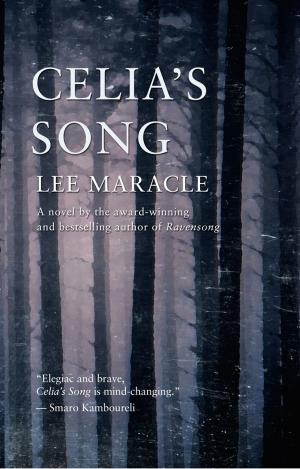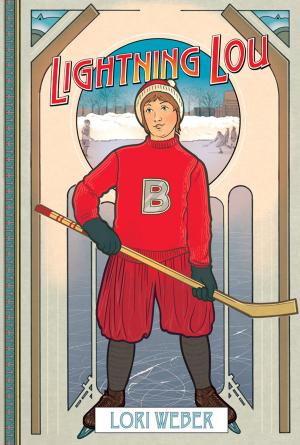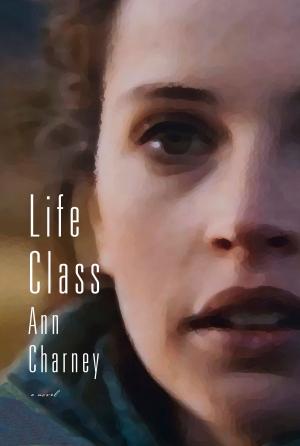| Author: | Joan Barfoot | ISBN: | 9781770862715 |
| Publisher: | Cormorant Books | Publication: | January 30, 2013 |
| Imprint: | Language: | English |
| Author: | Joan Barfoot |
| ISBN: | 9781770862715 |
| Publisher: | Cormorant Books |
| Publication: | January 30, 2013 |
| Imprint: | |
| Language: | English |
From the author of the Scotiabank Giller Prize finalist 'Luck' and the Man Booker Prize nominated 'Critical Injuries'. In this Books in Canada First Novel Award-winning novel, Joan Barfoot examines the life of a woman named Abra. From her middle-class childhood in the 1950s throughout high school graduation, marriage to her high school sweetheart, Stephen, the birth of a daughter and a son, and perfect suburban life in the 1960s and 70s, Abra has not felt herself. One morning, reading the newspaper, she sees an advertisement for a country property. The next day, the same ad is in the paper again. After sending her children, Katie and Elliott, off to school, she contacts the seller of the property and arranges to buy it -- without her husband's knowledge. Within a week, she plans her escape from a life in which she has experienced neither contentment nor discontent. For the next fifteen years, she lives in a simple stone cottage with no mirrors or clocks, growing vegetables in the summer, harvesting and freezing them in the fall, surviving on them through the winter and spring. Finding a new rhythm for her life, based on the weather and the seasons, Abra grows into the peace of mind and heart she never felt, until the day her abandoned daughter finds her and asks for an explanation. Why did a loving mother and wife just get up and leave the very life so many young women had been told they desired?
From the author of the Scotiabank Giller Prize finalist 'Luck' and the Man Booker Prize nominated 'Critical Injuries'. In this Books in Canada First Novel Award-winning novel, Joan Barfoot examines the life of a woman named Abra. From her middle-class childhood in the 1950s throughout high school graduation, marriage to her high school sweetheart, Stephen, the birth of a daughter and a son, and perfect suburban life in the 1960s and 70s, Abra has not felt herself. One morning, reading the newspaper, she sees an advertisement for a country property. The next day, the same ad is in the paper again. After sending her children, Katie and Elliott, off to school, she contacts the seller of the property and arranges to buy it -- without her husband's knowledge. Within a week, she plans her escape from a life in which she has experienced neither contentment nor discontent. For the next fifteen years, she lives in a simple stone cottage with no mirrors or clocks, growing vegetables in the summer, harvesting and freezing them in the fall, surviving on them through the winter and spring. Finding a new rhythm for her life, based on the weather and the seasons, Abra grows into the peace of mind and heart she never felt, until the day her abandoned daughter finds her and asks for an explanation. Why did a loving mother and wife just get up and leave the very life so many young women had been told they desired?
